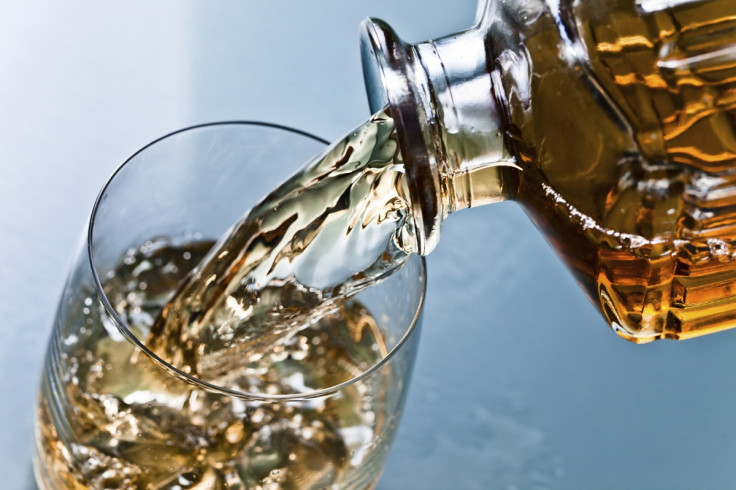Addictive effects of alcohol on the brain appear after your first drink claims new study

The first drink you take may have long lasting consequences. In a new study, published in the Journal of Neurosciences, researchers show that one single dose of alcohol can induce neurological changes.
Led by Dr Dorit Ron, the team of scientists, from the University of California, analysed how the brain of mice changed after alcohol exposure. They wanted to understand better the ways in which consuming alcohol triggers memory and behavioural changes that promote future drinking.
Like other drugs that lead to addiction, such as amphetamines and cocaine, alcohol affects the part of the brain responsible for reward and motivation. Previous studies have shown that drinking alcohol increases the levels of dopamine released by the brain. This neurotransmitter is associated with the feeling of euphoria often experienced by drinkers.
Scientists have also discovered that dopamine receptors D1 and D2 play a crucial role in alcohol learning. They help the brain memorize the perceived beneficial effects of alcohol. As the brain remembers drinking as something pleasant, it can lead to further alcohol consumption.
Two groups of mice
In this new study, researchers investigate in greater depth this link between alcohol and the dopamine receptor.
They looked at two groups of mice. The first one was given a bottle filled with water, the second a bottle filled with a beverage with 20% of alcohol. The mice were allowed to drink from the containers over the course of 24 hours. For the second group, the idea was to reproduce an episode of binge drinking.
Scientists were then able to observe neurological differences between the mice. According to their findings drinking modifies the synaptic plasticity of D1 receptors. This neurological changes indicate that drinking can change synaptic properties in D1 neurons.
After one drink
In a second experiment, the scientists gave a single dose of alcohol for the first time to another group of the small rodents.
The molecular changes were similar to the ones observed in the mice who had been given access to alcohol for 24 hours, suggesting that the neurological impact could occur just after one drink. According to the scientists, these neurological modifications may explain why the brain registers the perceived benefits of alcohol.
The researchers hope such findings will shed a light on the dangers not only of binge drinking, but also of any initial alcohol exposure.
"Consuming alcohol for the first time is a learning event that drives further drinking. Here, we identified a mechanism that may underlie the reinforcing learning associated with the initial alcohol experience", concludes Dr Ron.
© Copyright IBTimes 2025. All rights reserved.






















